International Women's Day: A men's guide
The cynical response to International Women’s Day (IWD) from lots of guys is “Hey, what happened to International Men’s Day?” But the truth is, IWD is about them too. So if there's a man in your life who could benefit from a little direction on how he can get involved. Here's a brief guide from a man who knows.
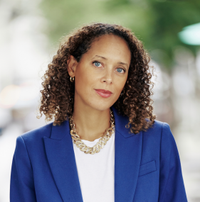
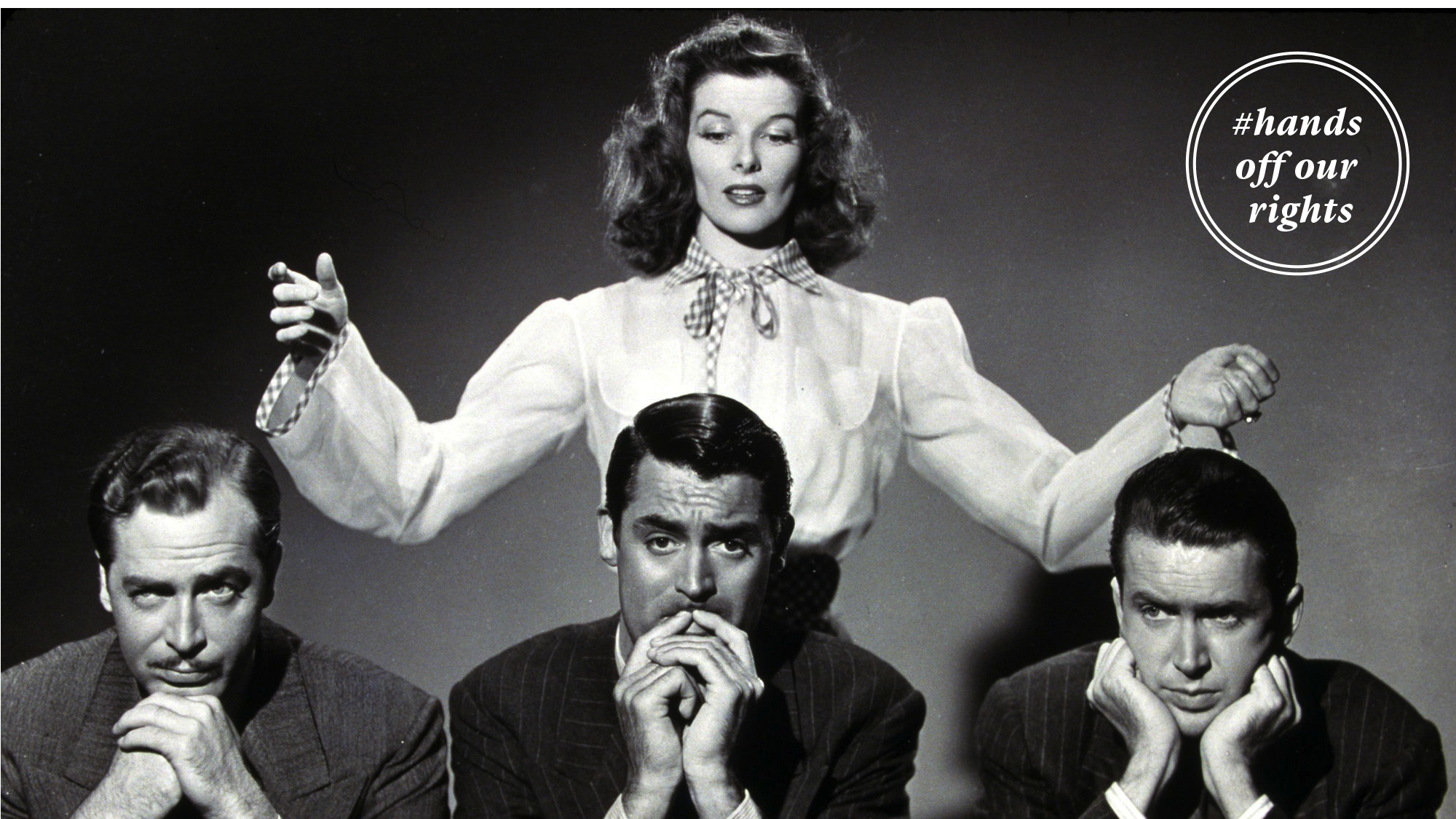
Celebrity news, beauty, fashion advice, and fascinating features, delivered straight to your inbox!
You are now subscribed
Your newsletter sign-up was successful
The cynical response to International Women’s Day (IWD) from lots of guys is “Hey, what happened to International Men’s Day?” But the truth is, IWD is about them too. So if there's a man in your life who could benefit from a little direction on how he can get involved. Here's a brief guide from a man who knows.
Looking at political events over the past 12 months, it might seem like we've gone back in time. But one man, Stephen Frost is trying his best to change that. A world-leading expert on inclusion and diversity, he has acted as adviser to both the British Government and The White House. Here's his Mens Guide to International Women's Day (and, by the way, there is an International Men’s Day. Its 19th November.)
- Educate yourself

It’s four years since Sheryl Sandberg’s Lean In outlined what women can do for themselves. But since men control most of the power and decision making in society – there are more men called ‘John’ leading FTSE 100 companies than women – it is really about fixing the system, not fixing the women. And we are all part of the system.
- Avoid tokenism
It’s not just about recruiting more women. ‘Women’ are diverse (just like men). Some women (and men) are feminists, some are not. Diversity is infinite – no two people are the same, and it is this diversity of people and their perspectives that makes it valuable. At a time of resource scarcity and diminished budgets, improving diversity can improve team productivity, reduce risks and increase profits.
- Be self-aware
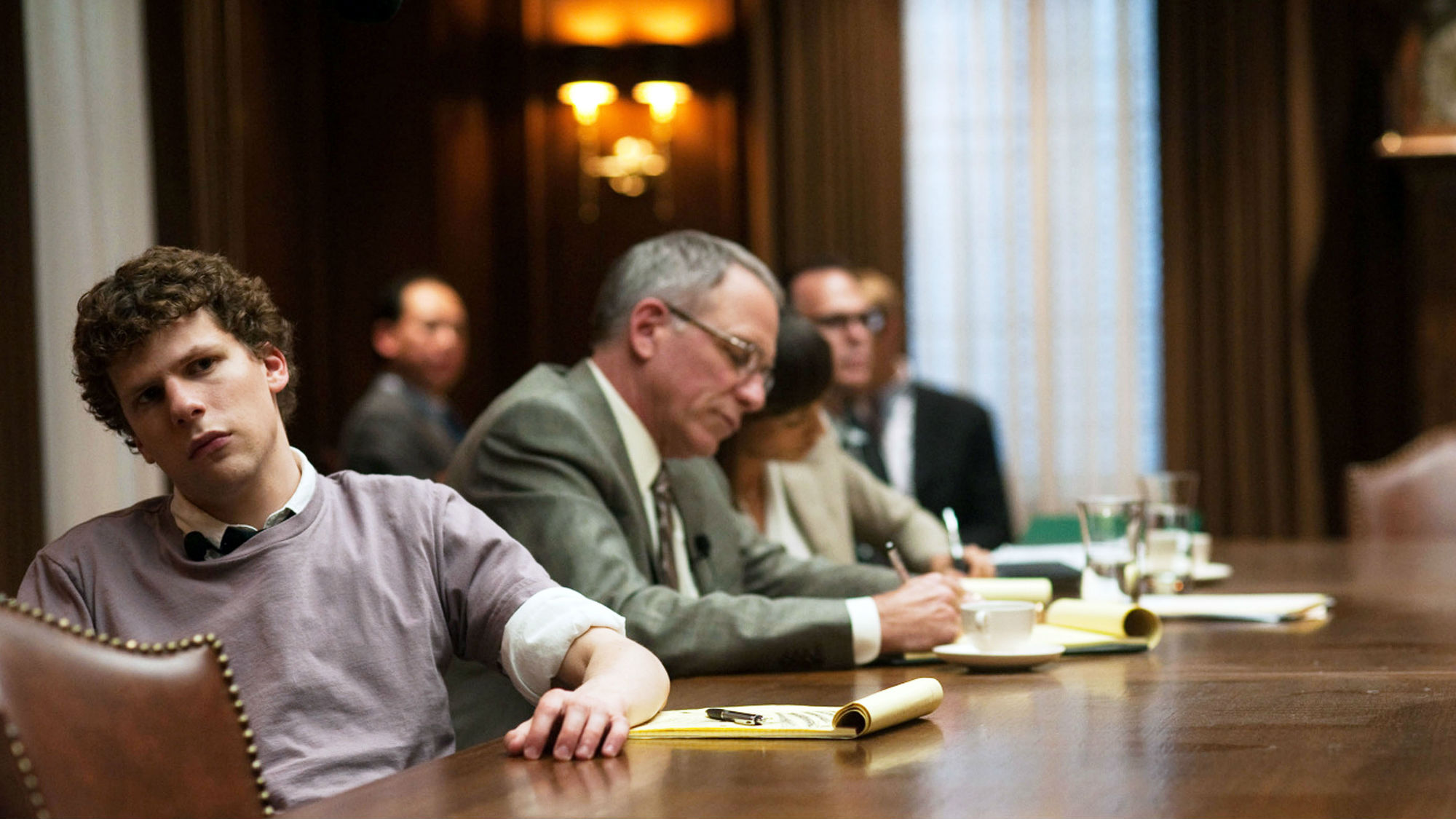
If you say, “I don’t see gender, I just treat everyone the same”, then you probably need to become aware of your own bias. Whether we realise it or not, we all have our own biases – the free Harvard implicit association test (https://implicit.harvard.edu) will help you learn about your own.
Celebrity news, beauty, fashion advice, and fascinating features, delivered straight to your inbox!
- Flex your role
It is possible to separate your “self” and your “role.” Your “self” is what makes you, you, from your football team to your political views. Your “role” includes your job and how you choose to conduct yourself professionally. It doesn’t matter who you are or what you believe, you can flex your behaviour and still be yourself.
- Grow your ‘in-group’
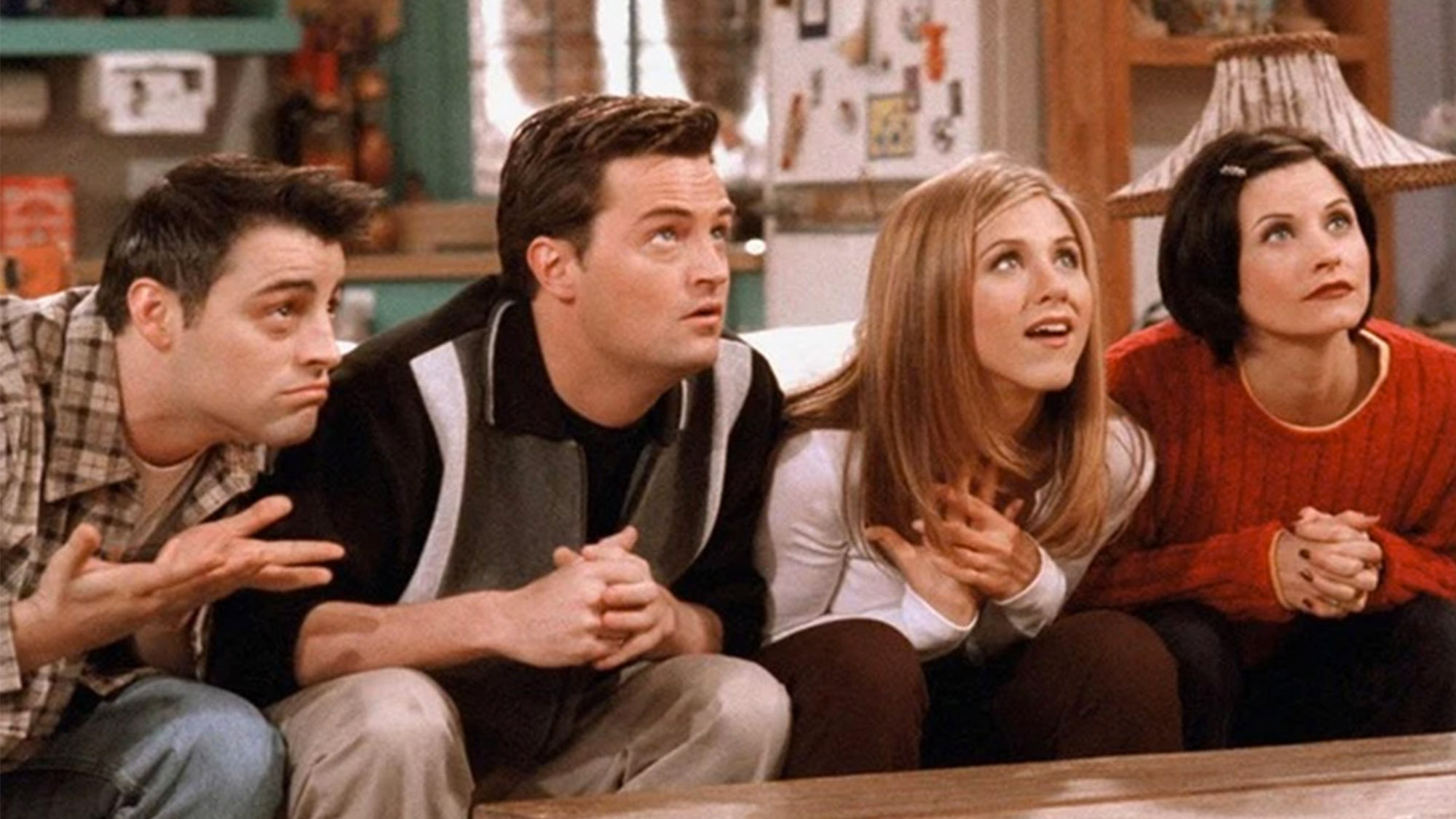
Write down your five closest friends and colleagues. How many are women? Most people hang out with people similar to themselves. We call this homophily and it’s the natural tendency to gravitate towards like minds. This ‘in-group’ unconsciously acts as your frame of reference for how you perceive “intelligence” or “do they get it?” or even “are they a good/bad hombre?” Be aware of this lens and include women in your in-group to make the lens more accurate.
- Promote your ‘out-group’
Don’t confuse confidence with competence. Studies show that when going for promotion, men are likely to put themselves forward when they can fulfil 50% of the job description. Women are likely to hold back until they can complete 90%. Go for competence, even if this means having to dig a little deeper and encourage women and introverted men to put themselves forward.
- Put yourself in her shoes
Remember that conference you went to? Were you oblivious to the fact it was all guys in blue suits slapping each other on the back and talking football? Go to a women’s conference, such as FT Women at the Top or Catalyst and see how it feels to be one of the only men in a sea full of women.
- Partner with a woman professionally
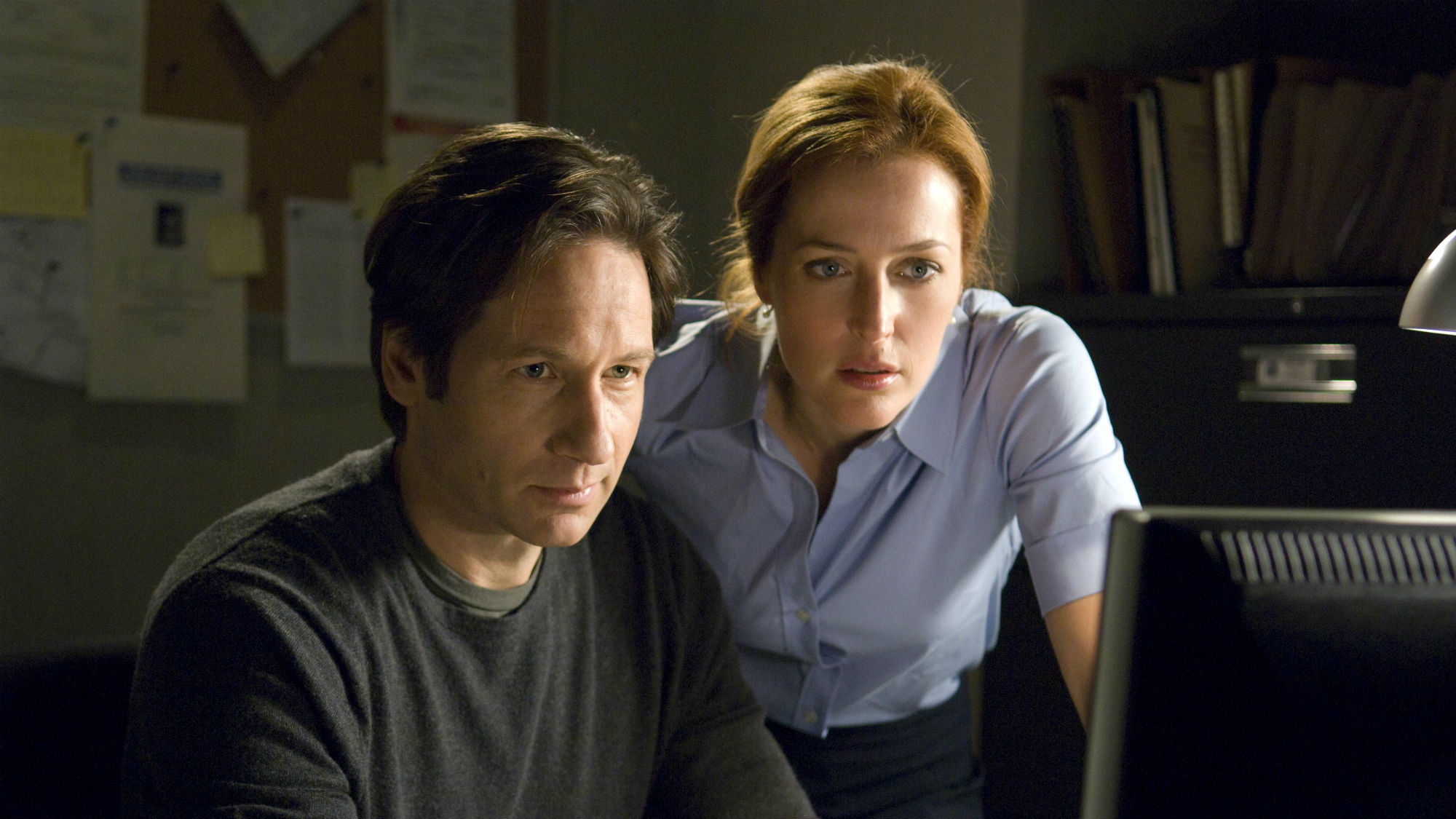
A recent study took brain scans of men and women at rest at 3am. It found that women’s brains are typically a hive of activity with neurons flashing everywhere, analysing the day’s events. In the men’s brains scans, often there was nothing going on. So it makes sense for men to partner with someone who’s more likely to have done the homework, less likely to BS and more complementary to their own skill set.
- Get your company on board
Most of my clients are straight white men who understand that it’s in their own self-interest to have more women on board. Cognitive diversity can happen amongst a group of white men, but it is significantly more when women and other minorities are included. Ignoring gender and ethnic diversity reduces the perspectives available in decision-making, so it really does pay for an organisation to embrace it.
- Man up

Have the courage to challenge bad behaviour and call it out. That’s not being soft, that’s being strong. Equally, have the courage to make yourself vulnerable, admit when you don’t know something and see how much better the response is.
For all the above differences between the genders, we still have more in common than we have apart. Remember, diversity is a reality, but inclusion is a choice. This International Women’s Day, choose inclusion. For her, and for yourself.
Stephen Frost is the founder of Frost Included, a consultancy dedicated to helping people understand diversity and inclusion. He was Head of Diversity and Inclusion for London 2012 Olympic and Paralympic Games, and works with global organisations like KPMG and the BBC to help them achieve equality. His latest book, Inclusive Talent Management – How business can thrive in an age of diversity, is out now, published by Kogan Page. For more information go to www.frostincluded.com or follow Stephen on Twitter @FrostIncluded

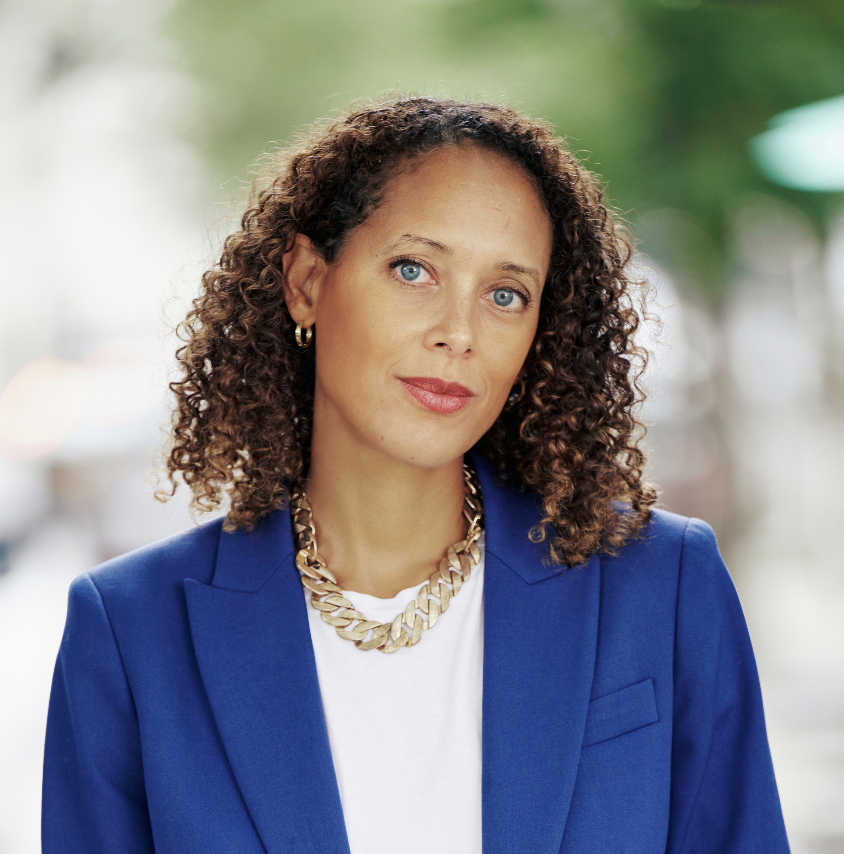
Andrea Thompson is Editor in Chief at Marie Claire UK and was named by We are the City as one of the UKs top 50 trailblazers for her work championing gender equality. She sits on the committee of the British Society of Magazine Editors where she acts as Chair.
Andrea has worked as a senior journalist for a range of publications over her 20 year career including The Sunday Times, The Guardian, The Daily Mail, Channel 4, Glamour and Grazia. At Marie Claire UK, Andrea oversees content, strategy, events and campaigns across fashion, beauty and the brand's purpose pillars. Follow her on instagram at @andreacanwrite